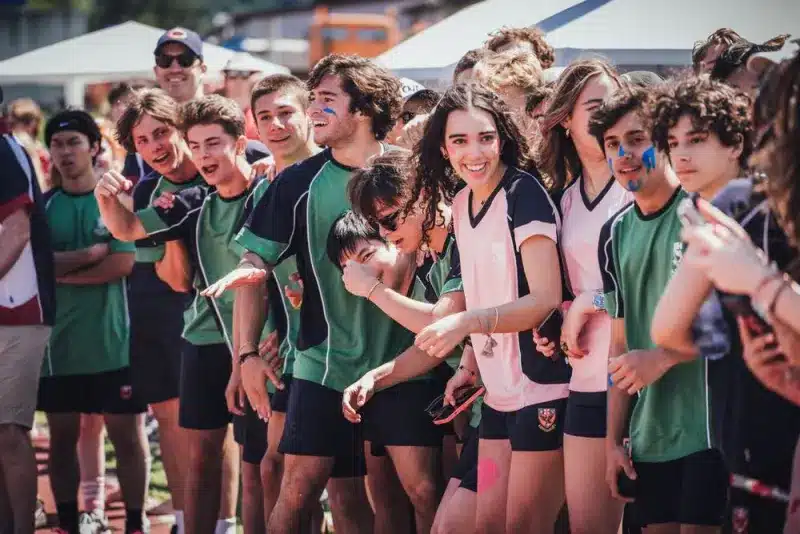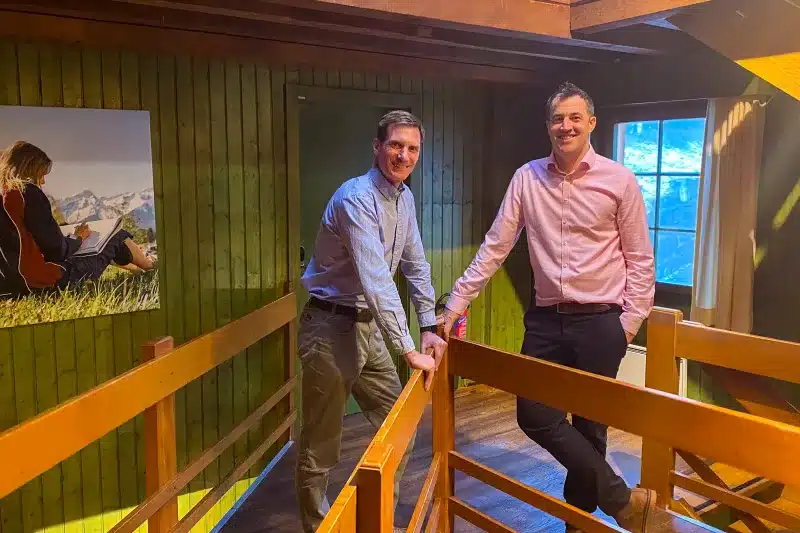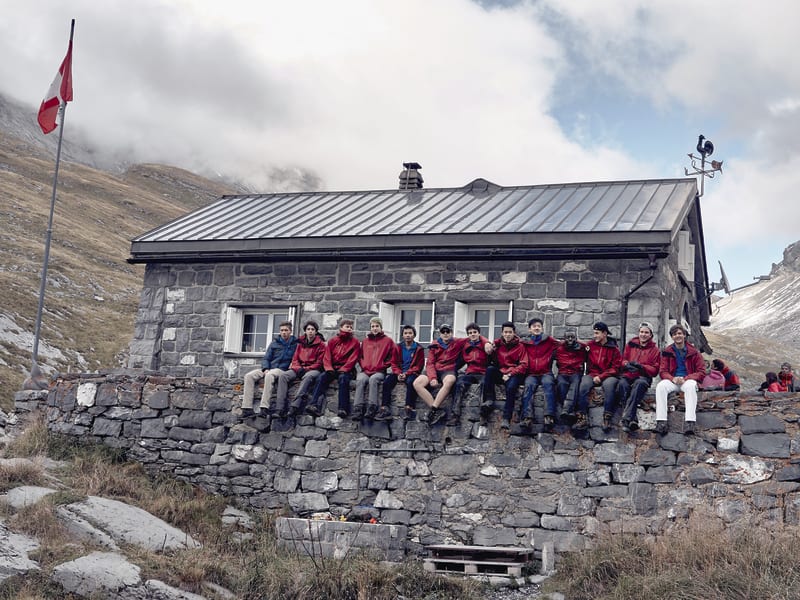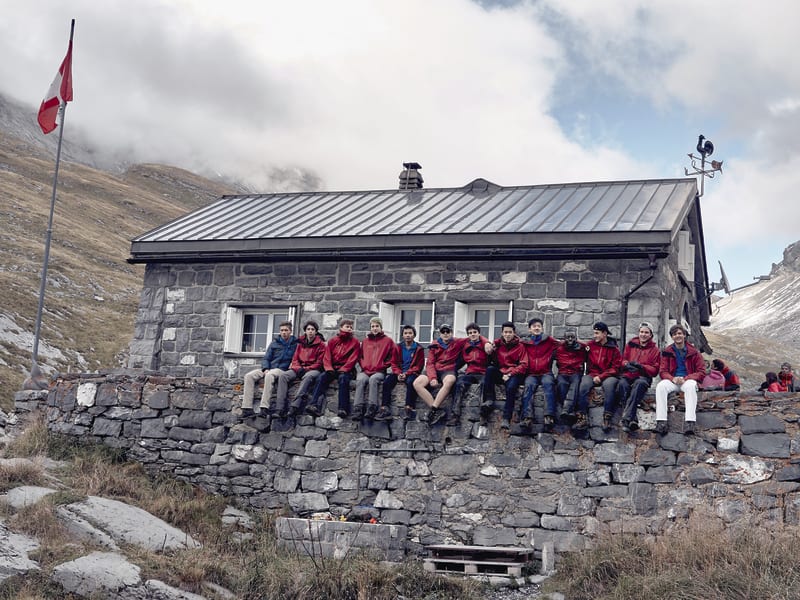At Aiglon College, a child’s education has always been about more than just rote learning and knowledge acquisition, as a recently unearthed letter from founder, John Corlette, emphasizes. The most important aim of education, he wrote in October 1946, was “the development of a balanced personality and character.” It was this holistic, child-centred approach to learning that really set him apart from almost every other contemporary educator.

Now celebrating its 75th anniversary this year, Aiglon continues to work for how these key ideals, now often summarised as character education, can continue to thrive as part of Aiglon’s living heritage today. It’s challenges like this that Stephen Cook has been hired to take on. Starting in January 2024, he will be Aiglon’s first Director of Character Education, a position both his professional and personal background have prepared him for well. “I’m a product of character education,” Mr Cook explains. “Everything I do in life has drawn on that experiential learning I received.”
Mr Cook was most recently assistant head at Gordonstoun School, which shares a similar educational philosophy to Aiglon thanks to the links between Kurth Hahn and John Corlette. Mr Cook is excited to join and have the opportunity to solidify the central role character education plays across every part of Aiglon. “As educators, we sometimes use terms like co-curricular and extracurricular, and that makes character education seem as though it’s just an add-on. But it’s about more than just the activities that go on outside of the classroom, as important as those are.” Mr Cook says. “It’s about how we develop students’ sense of citizenship and community, their appreciation of values like diversity and inclusion, their behaviour inside and outside the classroom. Everything we do as educators is contributing to the development of character.”

Tom Duckling, Aiglon’s Deputy School Director, is excited for how Mr Cook will be able to help encourage today’s Aiglonians through this focused role. “From our school’s beginning, our goal has been not just to impart knowledge but to develop good people. That’s what we mean when we talk about developing the balanced development of mind, body and spirit, our school ethos.”
But even a school with character education embedded in its DNA can do more. “I think we can do more when it comes to things like how we assess the impact of our holistic approach,” shares Mr Duckling. “I can tell you that we can take a student from not being able to do maths very well to getting a 6 in the International Baccalaureate (IB); we can measure that very easily. But can I measure the level of confidence a student develops through our ski programme? That’s what’s going to help that same student when they face a big challenge at work or in life. Whether it’s on a subconscious or unconscious level, their brain, their body will say, ‘You know what? I was able to take on that skiing challenge when I thought I couldn’t. I can do this, too.’ That’s a harder thing to measure.”
Understanding the practical value of character education isn’t just theory for Mr Cook. When he was a reservist in the Royal Marines, a highly trained commando force in the UK, he often found himself in uncomfortable situations that pushed him to his limits. His own learning through character education, which had allowed him to be challenged in a safe, controlled environment, prepared him well. “Character education allows you to experience controlled discomfort, it gives you the chance to put yourself in a difficult position, and you can then translate that into any real world situation.”

Mr Duckling agrees, which is why, he says, it was so important to carve out this particular role. “We’ve been doing character education for a really long time at Aiglon, but we still need someone who can remind us all of its importance,” he says. “Someone who can help us capture this magical side of what Aiglon already does so well.”










